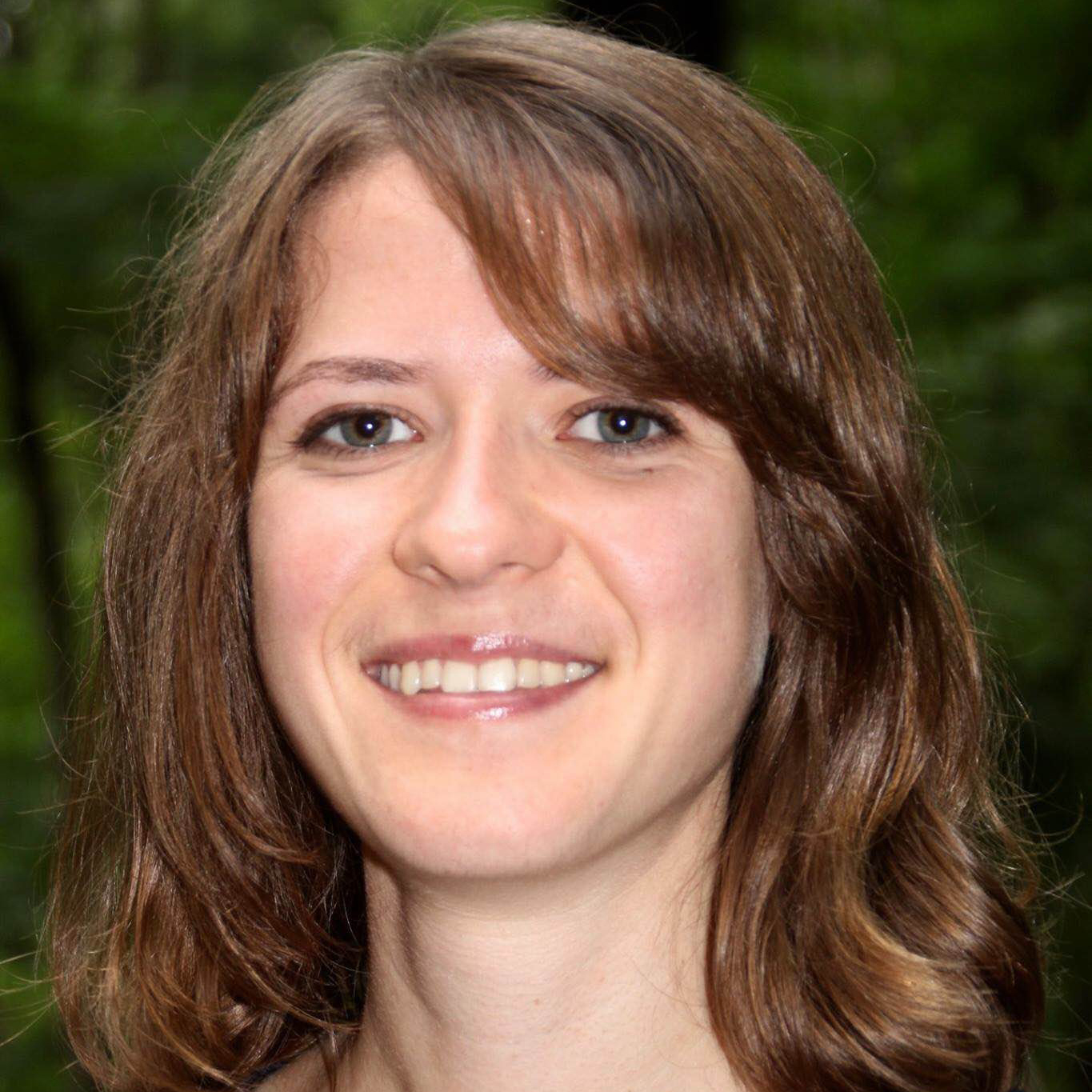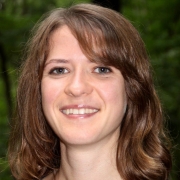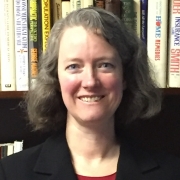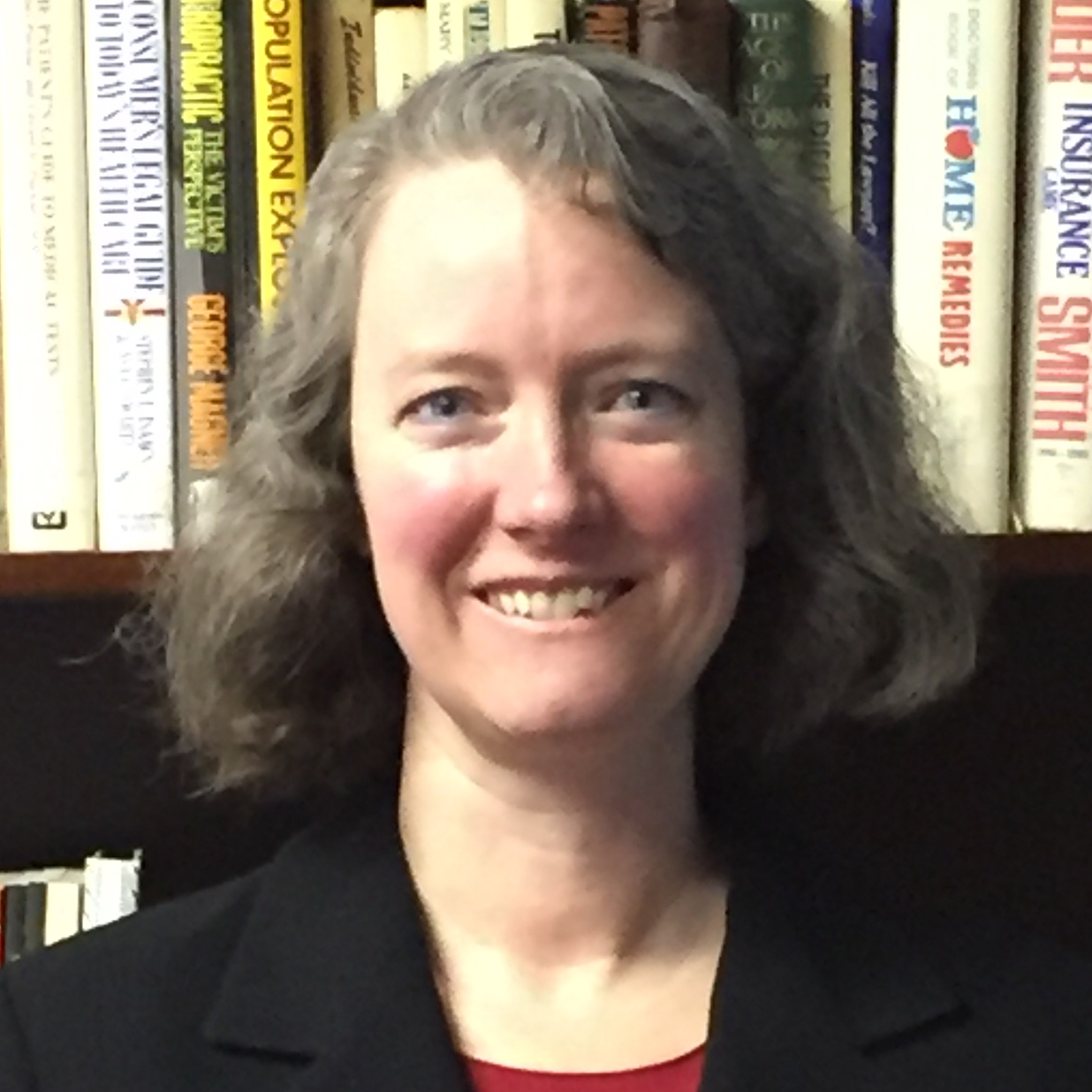A threat to public health: Resurfacing of the anti-vaccine movement in Trump presidency – National Consumers League
 Guest blog by Clara Keane, a graduate of Drew University, Madison, NJ.
Guest blog by Clara Keane, a graduate of Drew University, Madison, NJ.
In the midst of a news avalanche in recent days as the Senate holds hearings for cabinet positions and new information breaks out related to Russian hacking, it is easy to miss what may be the most dangerous development of the incoming Administration: reopening vaccine skepticism and linking vaccinations to autism.On Tuesday, January 10, just ten days before President-elect Trump’s inauguration, Robert F. Kennedy Jr., an anti-vaccine crusader with no medical training who alleges causation between vaccines and autism, said that he accepted the position of chair to a new commission on vaccinations. In a statement from the transition team, spokeswoman Hope Hicks did not confirm Kennedy’s claims, although she did say that Trump is considering creating a commission on autism.
President-elect Trump has spoken out against vaccines multiple times in the past, although it was not discussed in great detail on the campaign trail. As is the case for determining Mr. Trump’s beliefs on many issues, Twitter provides some insight. In a tweet from 2012, Mr. Trump wrote: “I’m not against vaccinations for your children, I’m against them in 1 massive dose. Spread them out over a period of time & autism will drop!” Mr. Trump shows an alarming disregard to the facts, both in scientific research and in current medical practices.
The only study ever published that connected vaccinations to autism appeared in a 1998 issue of the Lancet and has since been completely discredited as a fraud. The study, which included only 12 handpicked cases, now serves as a textbook example of the danger of poorly executed experiments and the importance of sample size and representation in scientific studies. Returning to the warnings of a “massive dose,” a quick look at the CDC’s childhood vaccine schedule reveals that vaccines are administered in precise intervals from birth through age six.
Sadly, President-elect Trump is not alone questioning solid science. According to a national survey conducted by the National Consumers League in 2013, while most survey respondents (87 percent) say they support mandatory vaccination of school-aged children in theory, 64 percent of adults say parents should have the final say about whether or not to vaccinate. In addition, 33 percent think there’s a link between vaccines and autism.
How did we get to the point where vaccines—one of the greatest public health achievements of the 20th Century that have, among other things, eradicated smallpox globally and polio in the U.S.—are being considered by some as unnecessary or even damaging to their children’s wellbeing? Two equally dangerous contributing factors at play are the distance that vaccination success has granted us from the cruel reality of these diseases and the continued stream of false claims linking vaccines with autism.
It is easy to take for granted the security we enjoy from devastating diseases like polio, which was declared eradicated in the U.S. in 1979. However, it is important to remember that in the 1950’s, polio outbreaks caused more than 15,000 cases of paralysis each year in the United States. Parents during these dark times witnessed their children becoming paralyzed and were told there was nothing doctors could do to help. We are fortunate not to have these worries today. But in order to maintain the luxury of a polio-free nation, we must continue to have full participation in vaccinations. The Disneyland California measles outbreak of 2014 is but a small example of what can happen when people choose to stop vaccinating their children. According to a CDC report, among the 110 California patients, 45 percent were completely unvaccinated and only one percent had the full three doses that are recommended.
The reason for opting out of vaccinations may have felt safe for parents because those children had been protected by the surrounding children who were fully vaccinated. This concept is known as “herd immunity.” However, when large numbers of people stop vaccinating, disease breaks into the herd, as was the case in California. Indeed, the California outbreak led pediatrician and California state Senator Dr. Richard Pan, who was honored by NCL at our 2016 Trumpeter Awards Dinner, to sponsor legislation in California doing away with the “personal exemption” option for parents who don’t want to vaccinate their children.
The CDC lists some individuals who should forego vaccination, such as people with cancer and those with compromised immune systems. Because these people have no choice but to rely on herd immunity, members of the herd who are not vaccinated because of personal choice are causing an even bigger public health risk to those who are advised not to be vaccinated.
We must not take for granted the privilege of living in a society where parents no longer have to worry about a child’s death or disability from polio, whooping cough, diphtheria, hepatitis, measles, mumps, chicken pox, or influenza. It is remarkable that we have access to enough vaccines for the entire population and at no cost to parents. We cannot sacrifice this security. For this reason, we reject the messages of those fanning the flames of false information and promote fear of these life-saving vaccines.
So what might the new Administration mean for vaccine laws? Stat News provides a useful guide to what the President-elect can and can’t do. Of course, he will not be able to control vaccination schedules, but he may appoint agency officials who raise questions about vaccine safety. This should trouble all Americans because it puts our children and all immune-compromised Americans at risk of illness and even death. NCL plans to speak out in support of mandatory vaccinations and against false connections between vaccines and autism. We will continue to remind Americans how lucky we are in 2016 not to have to worry that any of us—but especially our children—will become sick, crippled or die of diseases. We have very safe and very effective vaccines to thank for that reality.



 The National Consumers League (NCL) has long been committed to fighting for vaccines and advocating for their widespread use. We are grateful to the American Society of Clinical Oncology (ASCO) for its efforts to educate the public and healthcare providers–especially pediatricians–about the important role the human papillomavirus (HPV) vaccine plays in preventing cervical and other cancers.
The National Consumers League (NCL) has long been committed to fighting for vaccines and advocating for their widespread use. We are grateful to the American Society of Clinical Oncology (ASCO) for its efforts to educate the public and healthcare providers–especially pediatricians–about the important role the human papillomavirus (HPV) vaccine plays in preventing cervical and other cancers. 










